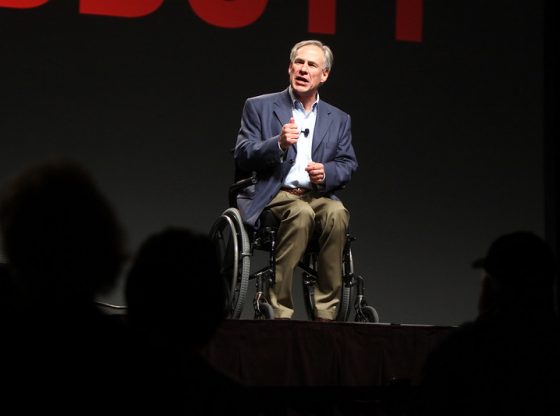When a worker’s after-tax income declines due to higher taxes, that person has a reduced incentive to work, a Congressional Budget Office analyst explained.
“When workers’ earnings rise but their after-tax income rises less—because of increases in their income and payroll taxes or declines in their benefits from government programs—their incentive to work typically declines,” said Shannon Mok, an analyst for the budget office in the tax analysis division.
When individuals begin to earn higher salaries, they may fall into a higher tax bracket, resulting in a lower after-tax salary. The amount of tax an individual pays for an additional dollar of income is known as the marginal tax rate.
The budget office said that in 2016 low- and moderate-income workers faced a marginal tax rate of 31 percent, taking into account federal and state individual income taxes, federal payroll taxes, refundable tax credits, and the phaseout of government programs such as food stamps and subsidies for Obamacare.


